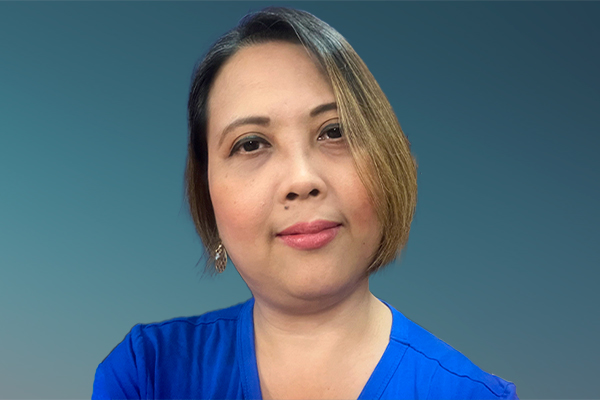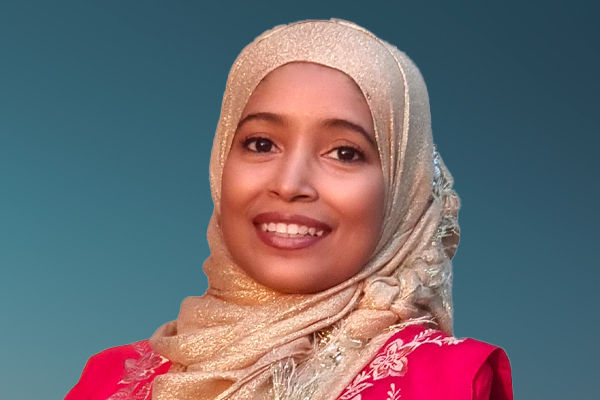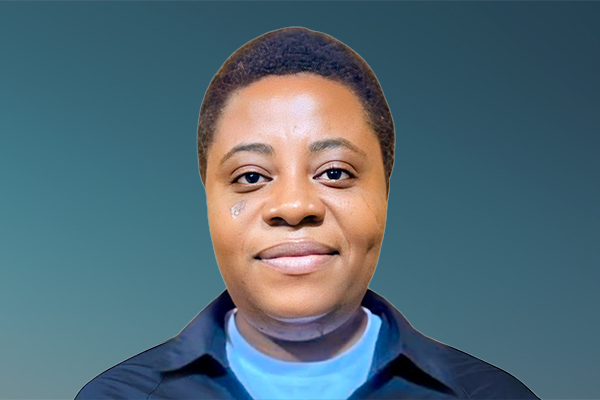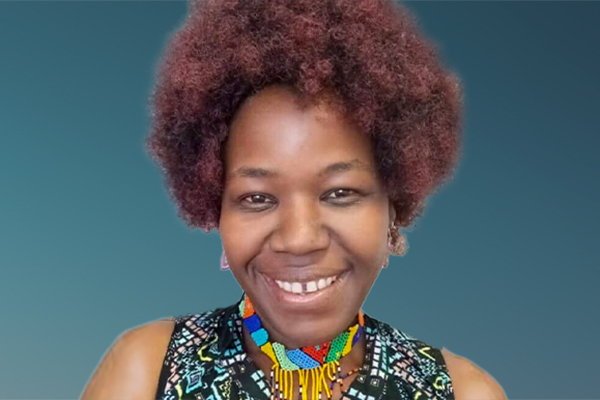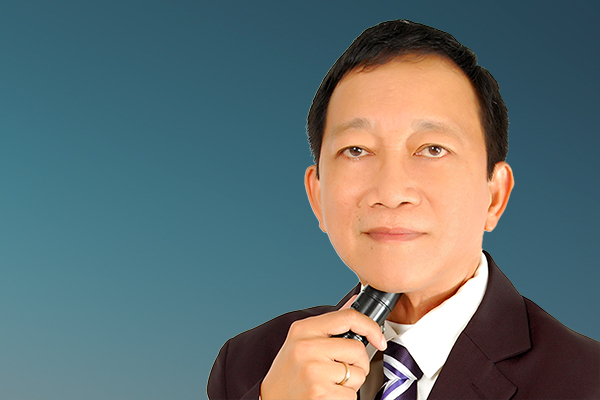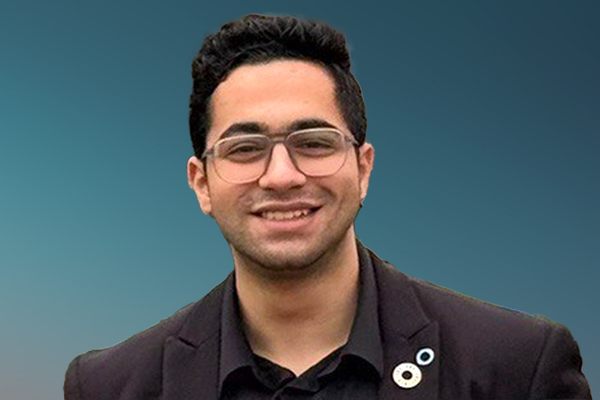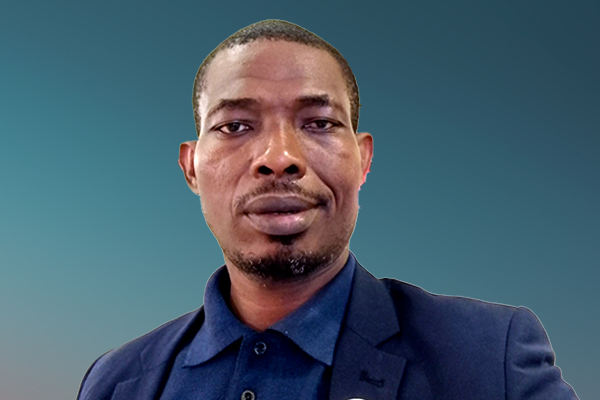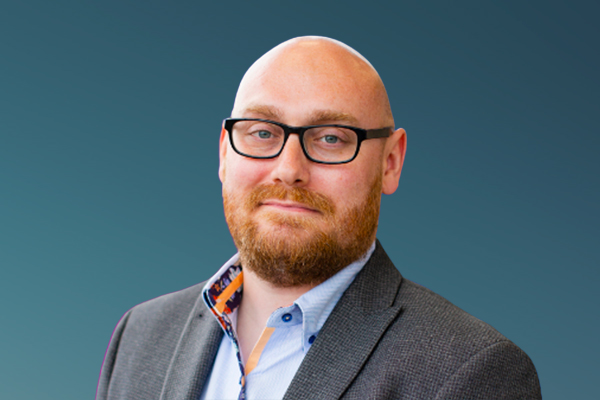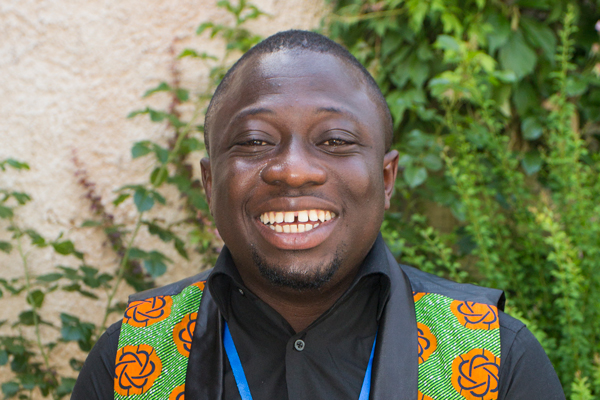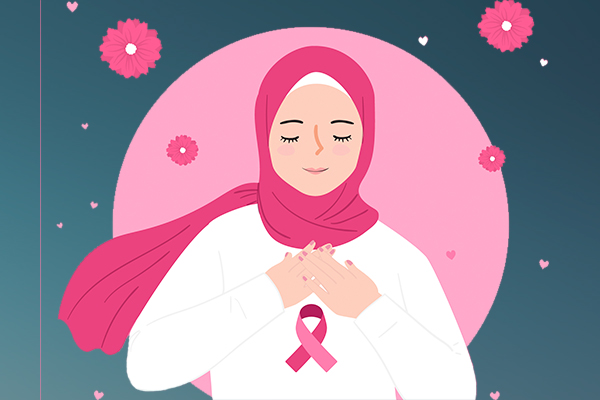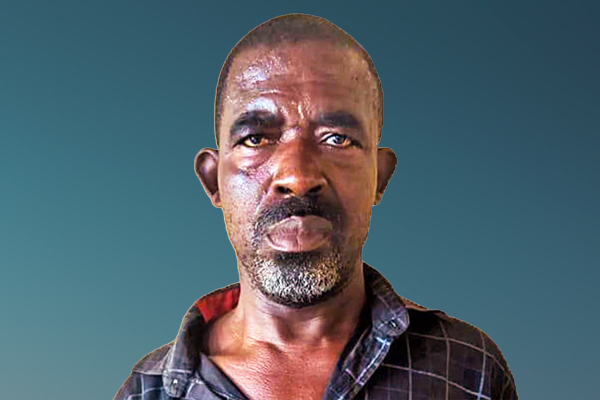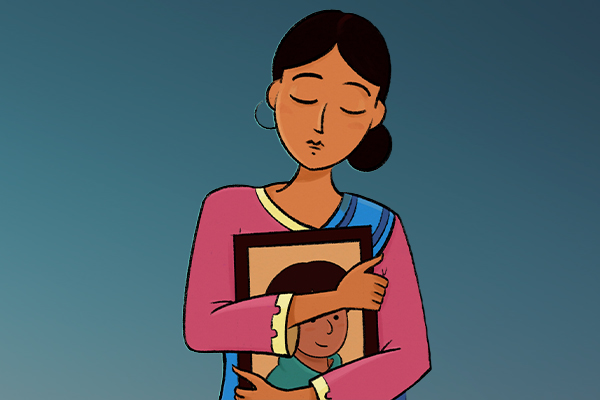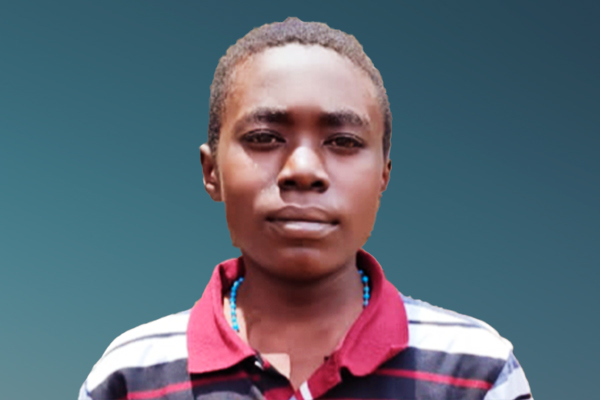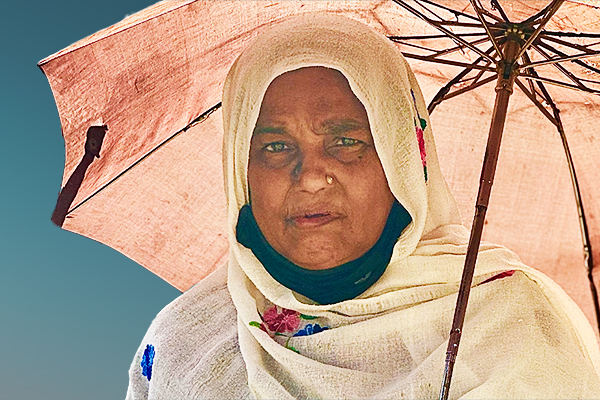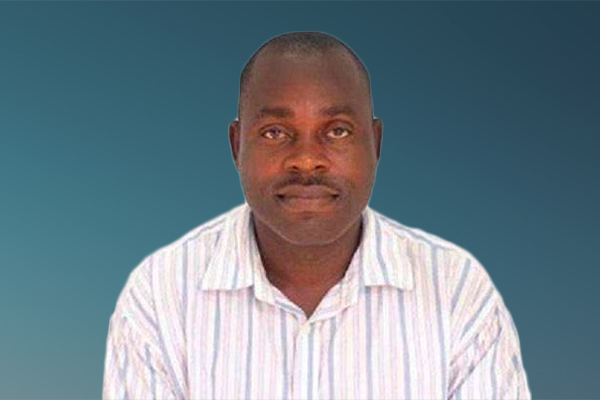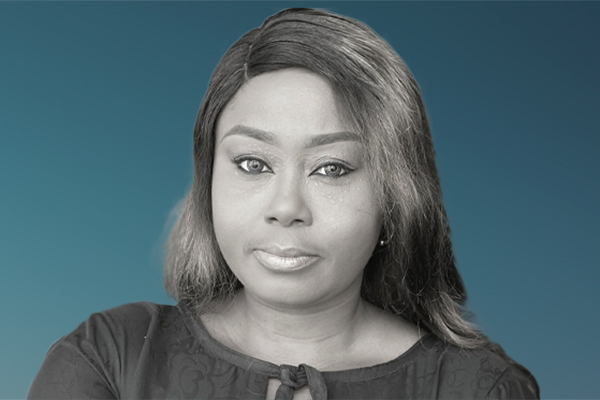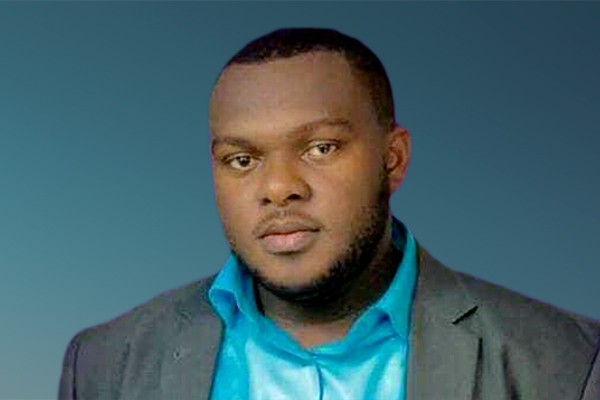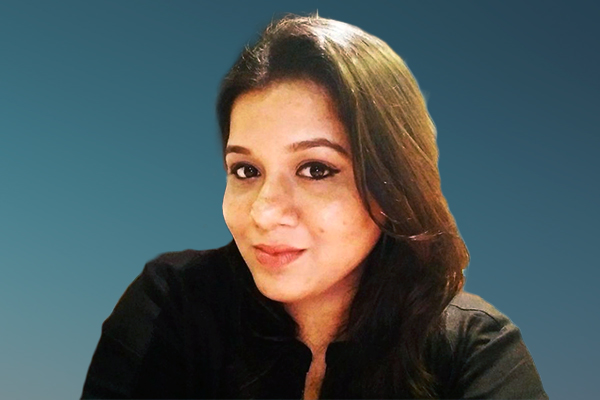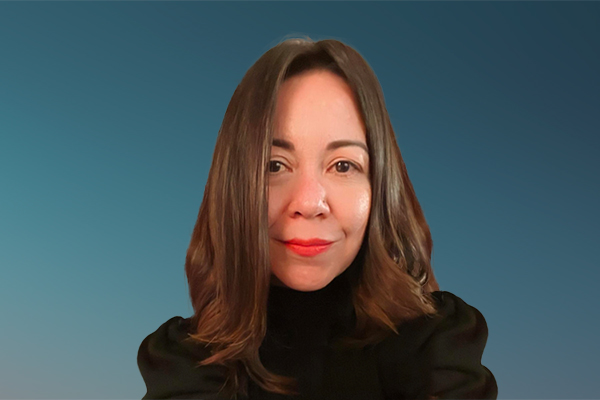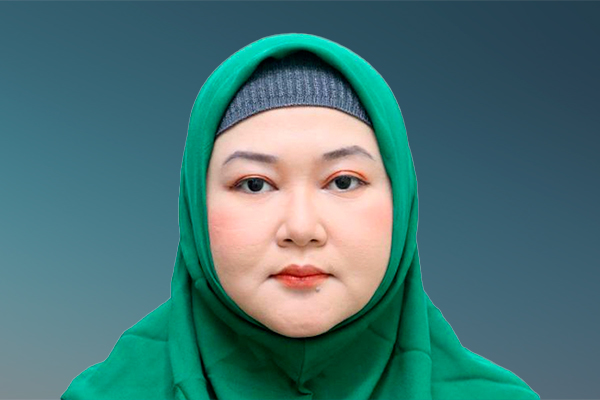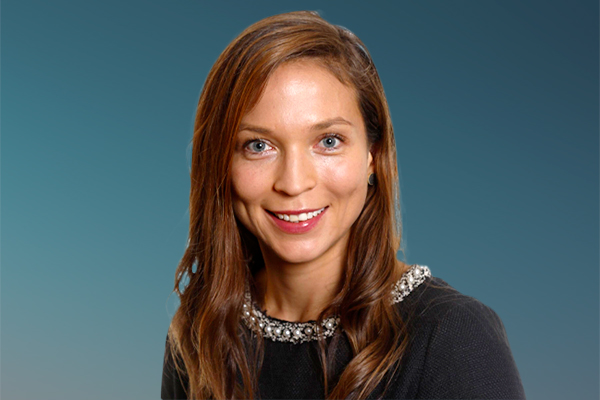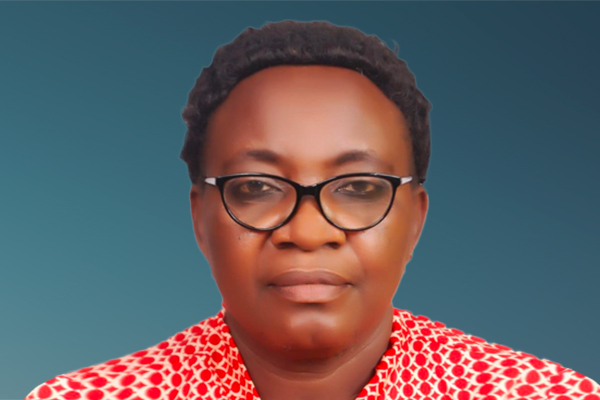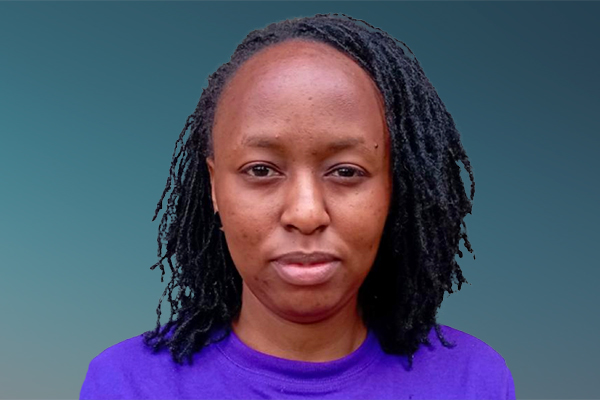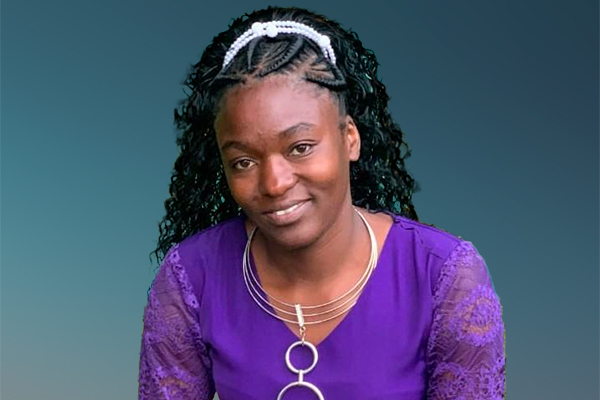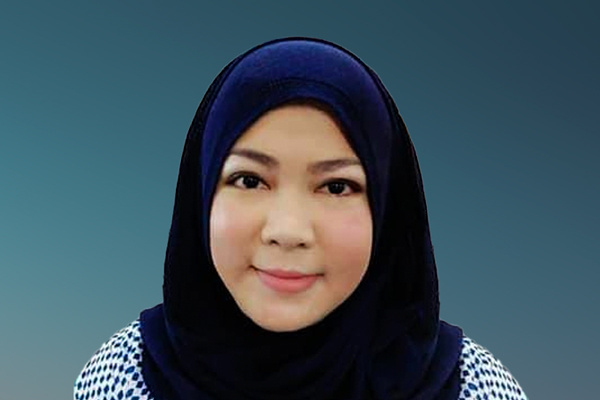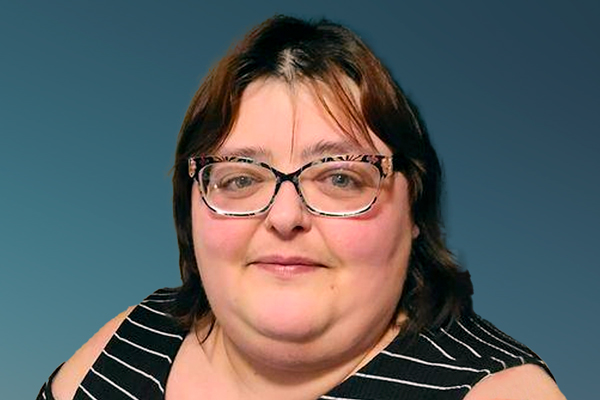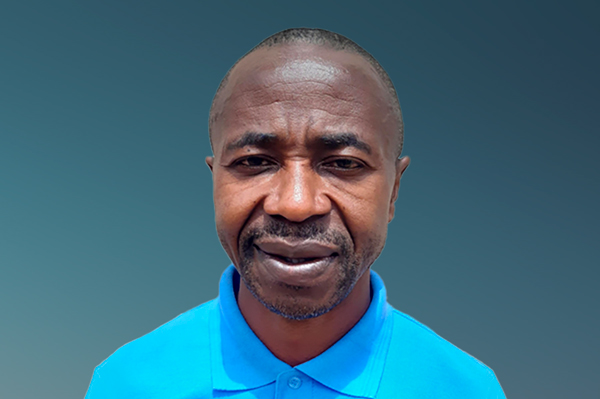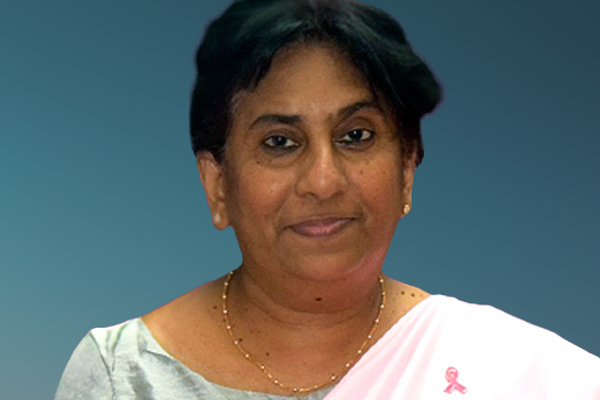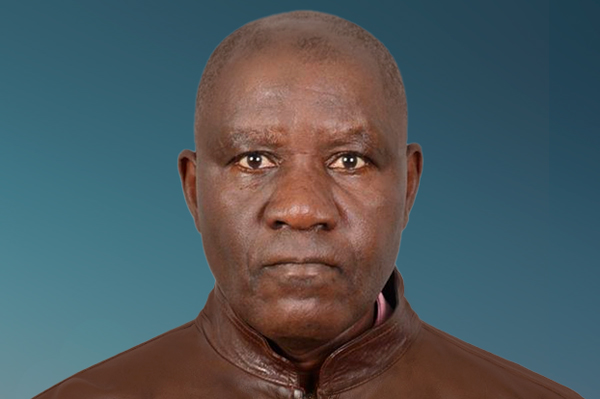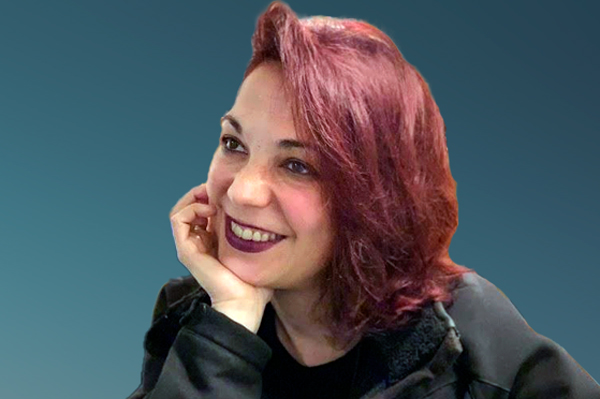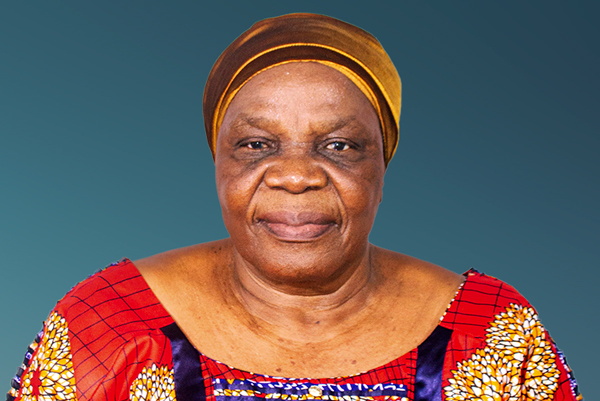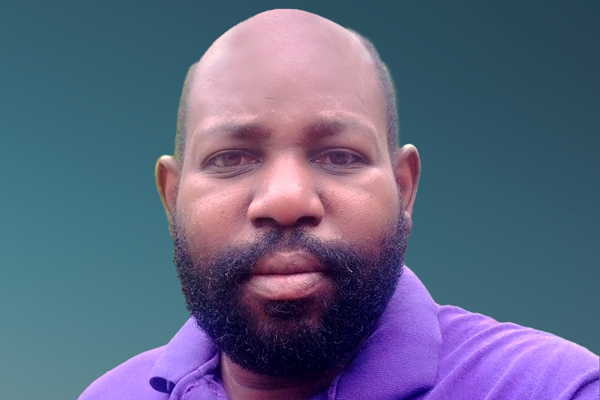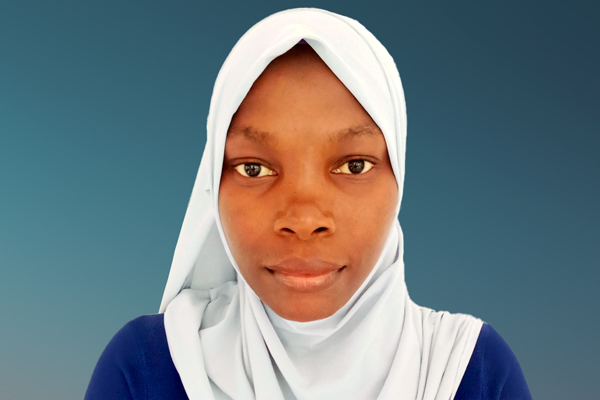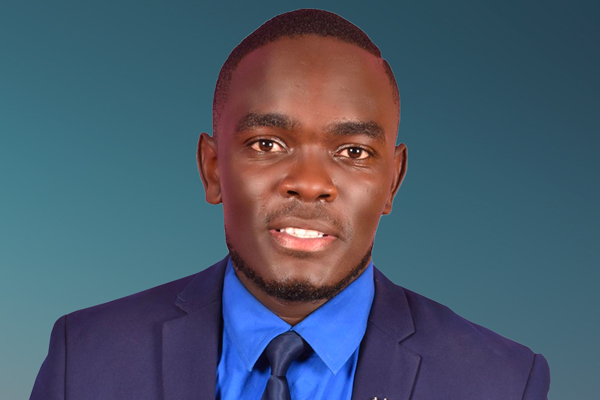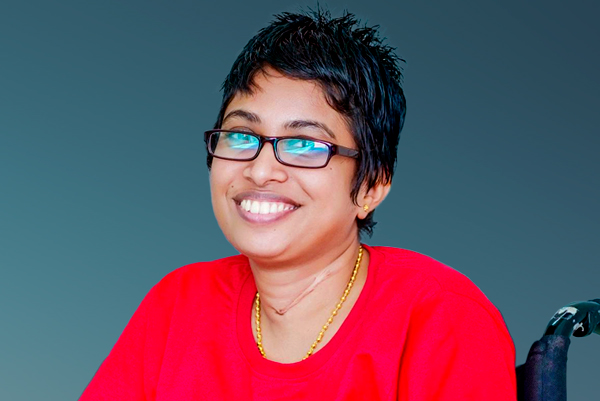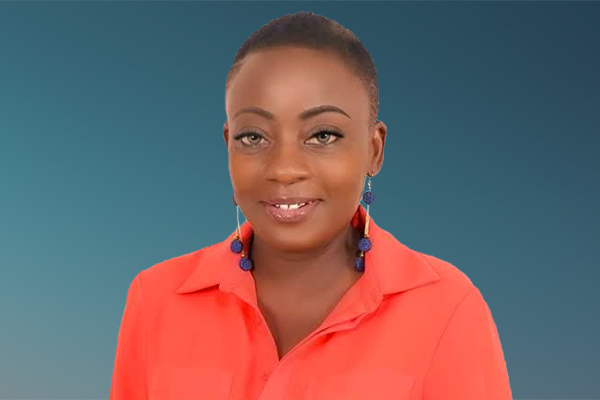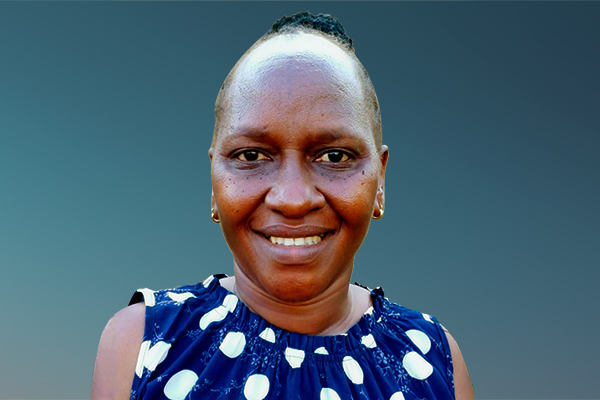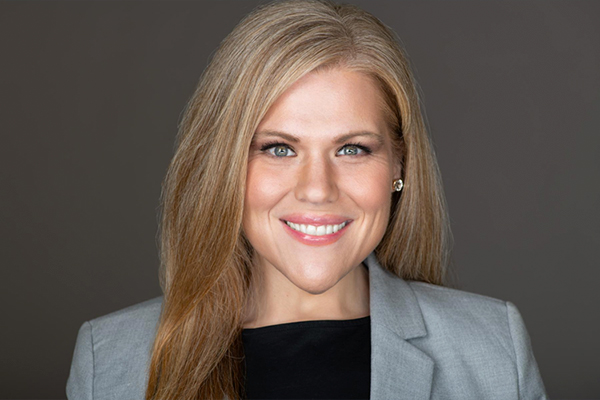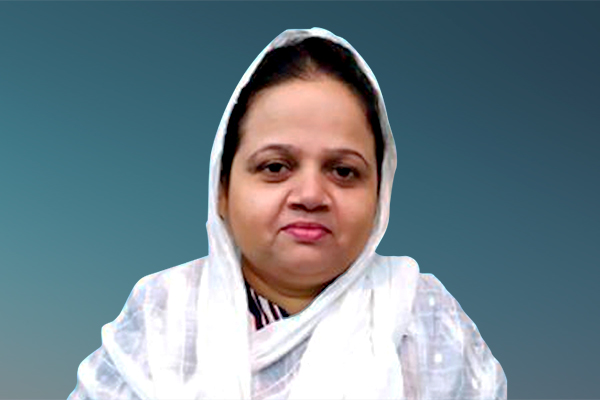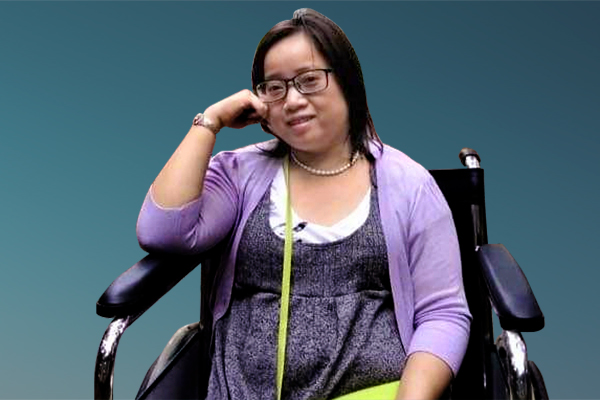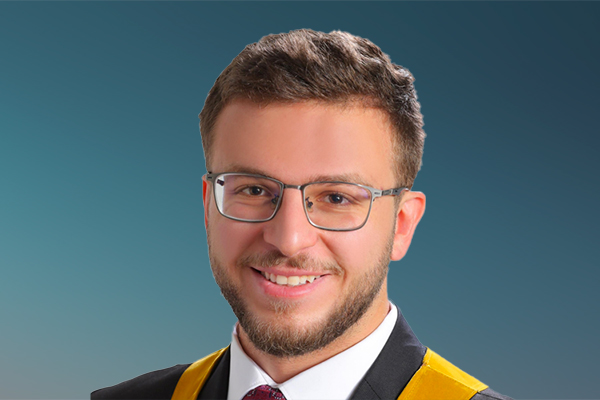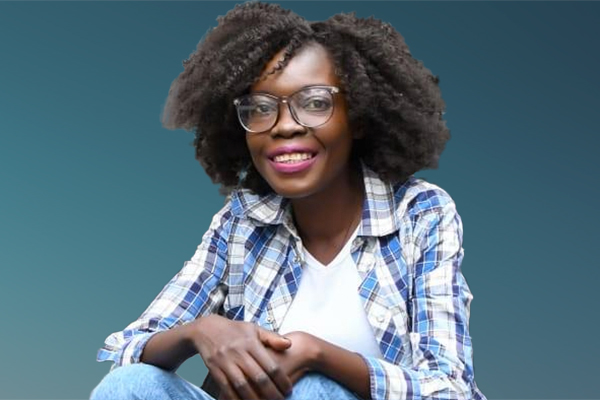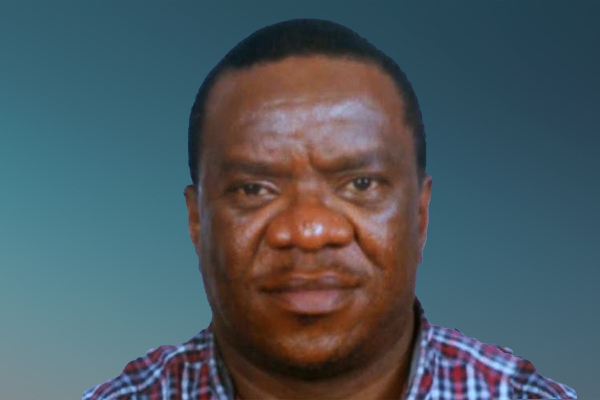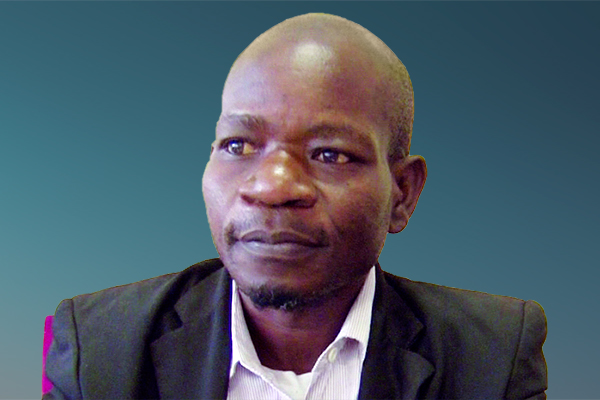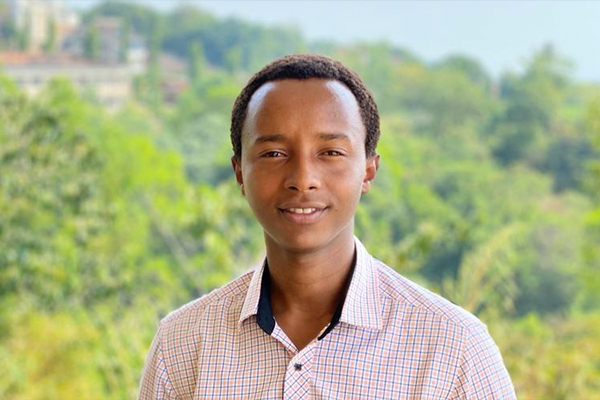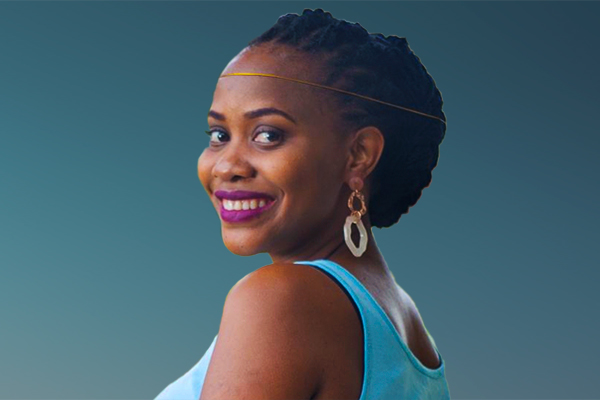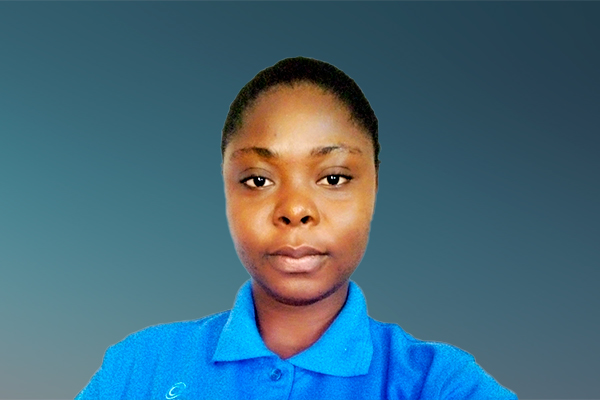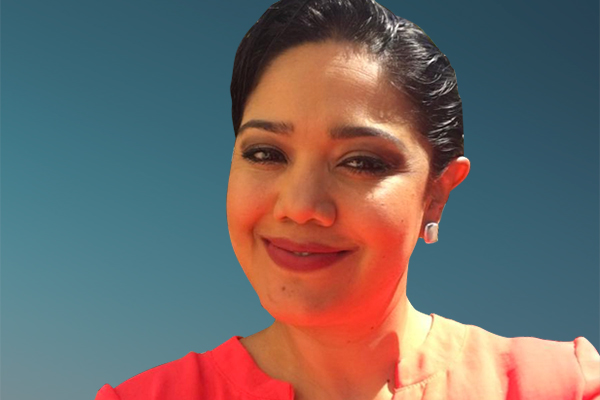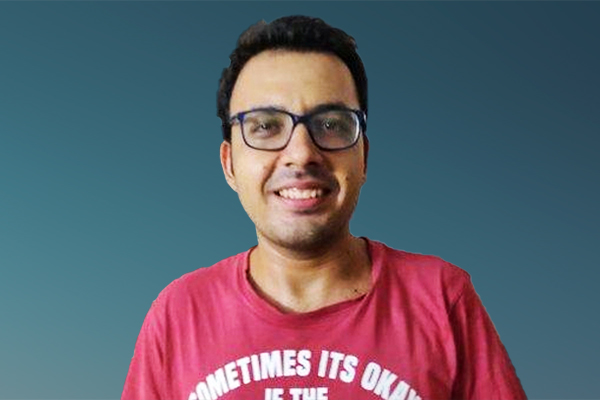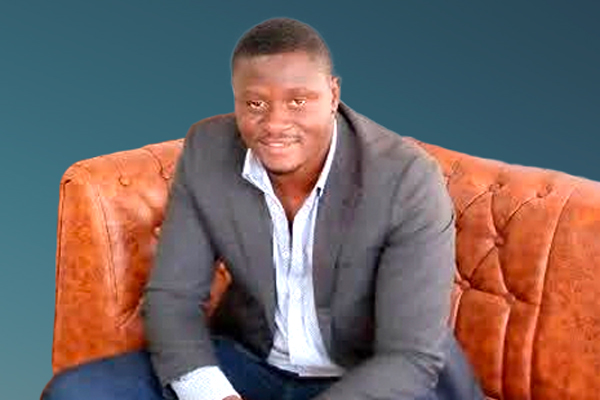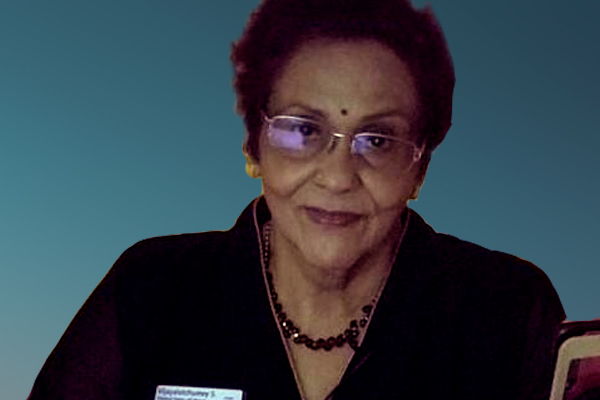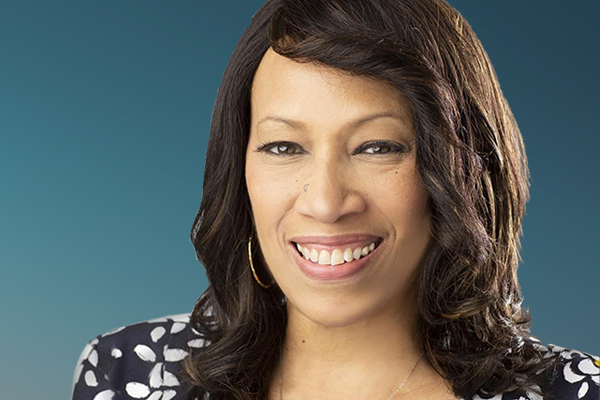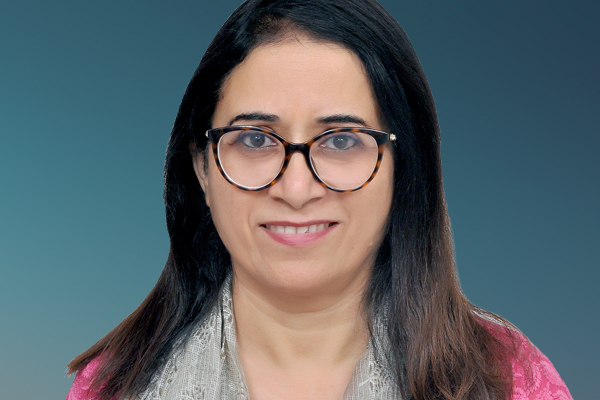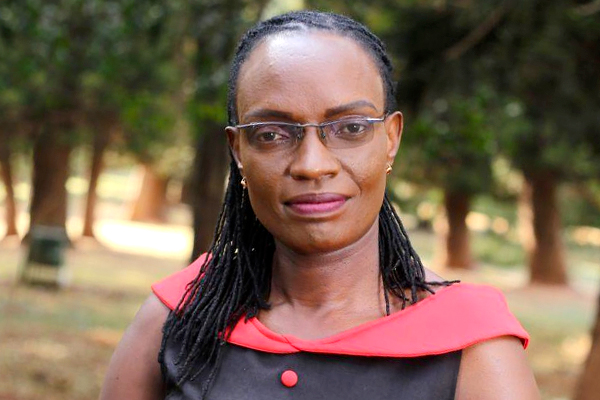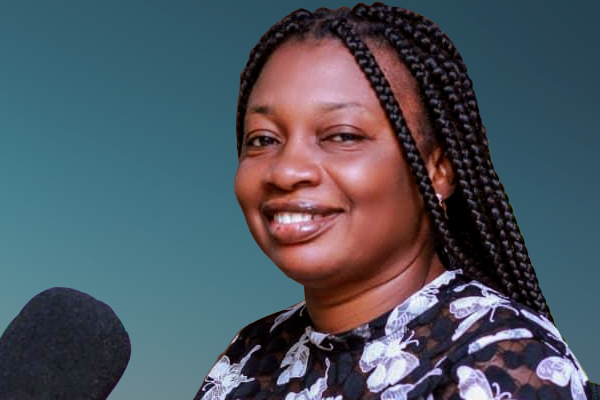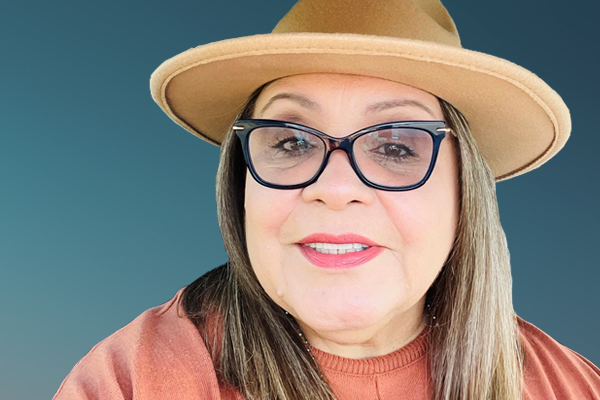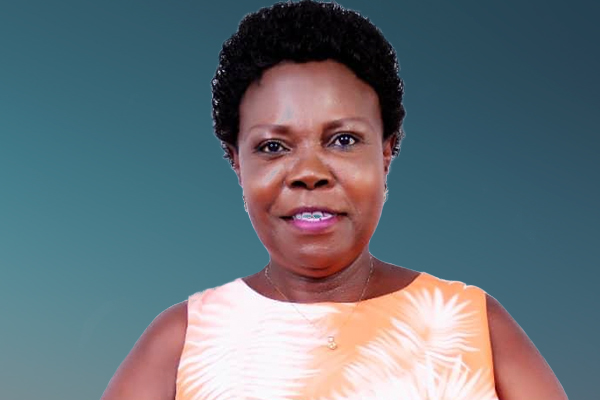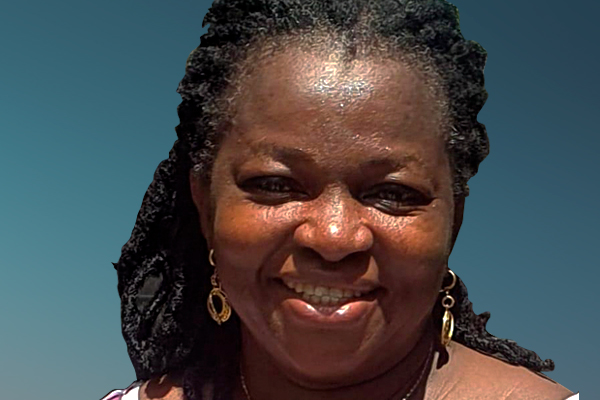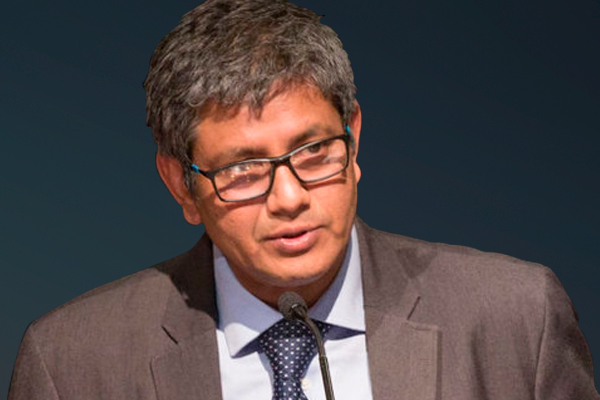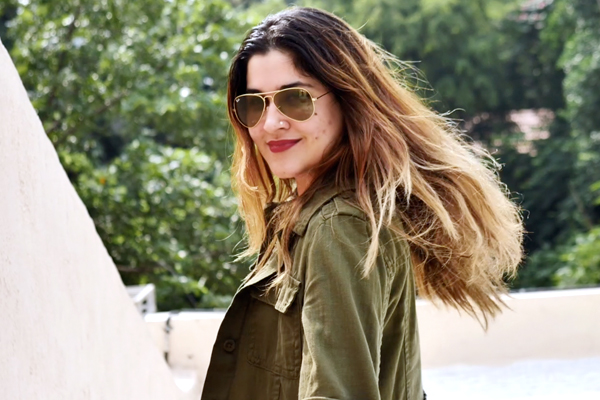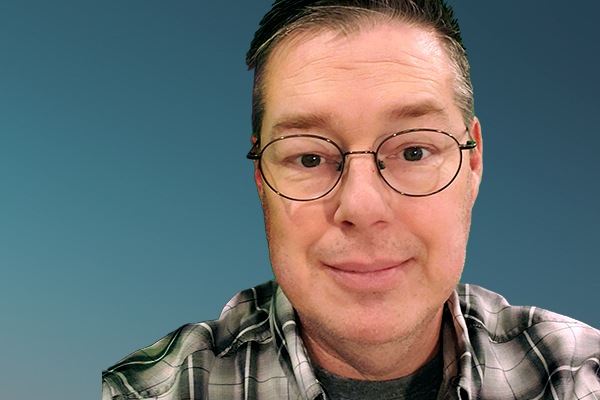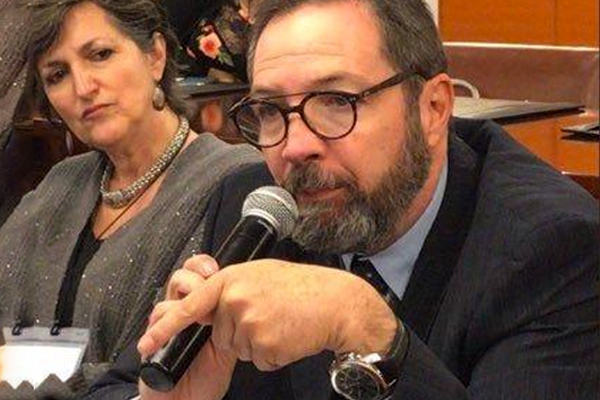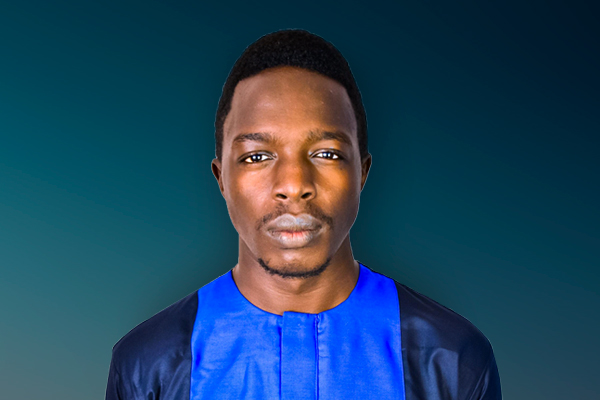My name is Stephen Ogweno and I’m from Kenya. For 16 years, I have lived with gastrointestinal reflux disorder (GERD) courtesy of being overweight and borderline obese for most of my early life. I also live with oral health conditions courtesy of GERD and live with a mild form of myopia. Besides my lived experience with these less talked about NCDs, I have also been a caregiver to people close to me living with various NCDs.
I'm sharing my story because I believe it's time. Time for more people both at a local and global scale to hear our stories, time for action on non-communicable diseases especially in developing countries, time for people to see the faces behind the statistics, time to use our voices as our power, time for our stories to contribute in a meaningful way to change perspectives on NCDs and to influence meaningful action towards beating NCDs. I share my story because I believe it's time.
28 May 2021
Misunderstood, misdiagnosed, mistaken
Krrr! The final bell for the day rang and it was time to go home, school had not been nice on this day because for the first time, some of my male classmates told me I was fat. For most of my early life being overweight was considered a good thing, I was viewed as healthy and chubby, and everyone wanted to play with me. All this changed on this day at 13 years in my school in Kisumu – Kenya marking the beginning of my experience with weight discrimination.
Back home, my parents and siblings had noted a few strange things about me. One was that I began to regurgitate involuntarily shortly after having a meal. Slowly I began to complain of heartburns, I stopped eating some foods which used to be my favourite and I started to have oral challenges, including cavities and constant toothaches. Everyone was soon put on alert to catch me whenever regurgitation happened, to shame me and report the experience to my parents who at the time thought I was regurgitating voluntarily, which was considered disgusting. Because of this tensed home environment and constant observation, I became afraid to eat.
Back at school, one teacher noted that when he was dictating notes or writing on the blackboard, I would strain write the notes. The teacher called my mother and reported the incident and my mother also noted this when I was doing my assignments at home. This straining, led to an eye check at the optician that showed that nothing was wrong with my eyesight. So, it was assumed I was ok until at 23 when my short-sightedness was diagnosed.
All these scenarios reflect how in a period of two short years, I discovered that I was overweight, had developed gastrointestinal reflux disorder and visual challenges (myopia). During this time, my family, the community around me and friends had limited knowledge of what these conditions were, and on what to do for these diseases. This meant that my conditions were misunderstood, I was misdiagnosed, and my friends, family and community had mistaken the myths and misconceptions of these conditions as facts. And whilst this made me confused and isolated, in my latter years, I made it my life’s work to educate communities and families like my own on what chronic conditions are to ensure that no child has to ever undergo what I went through.
9 June 2021
Not merely NCD patients, but NCD youth champions
As a young person living with multiple NCDs, I went through a lot of discrimination, fear, and confusion about how to co‑exist with my conditions. However, looking back, this was not only happening to me, but to almost all my friends who were living with other NCDs.
I remember when I left my village for the big city to pursue university education, I met and became friends with other youth who were living with NCDs and had gone through similar experiences like mine. I remember my conversations with Mary (name changed), an NCD champion who at a very early age had developed breast cancer and had had her left breast removed. Mary shared how hard it was for her friends to accept her back after the surgery and the hair loss. I also remember the story of Angela (name changed), a young lady who just discovered that she had stage one bone cancer of the knee, which meant that she could no longer play basketball, her favourite sport. She had come from being an athlete to walking in crutches, and when this happened most of her friends refused to associate with her. These are just a few of the stories that drove me to develop a solution.
I refused to have my story be of the 'NCD patient' and just let it end there, I wanted my story to be of the NCD champion, who used his experience and the experience of others to create a change in the community. So I developed Stowelink, a youth‑led organization whose primary ethos is to educate, advocate and improve diagnostic care for NCDs. Through Stowelink, youth living with NCDs, including multiple chronic conditions, can share their stories and use them for impact. Together with Mary, we created stunning images that raised breast cancer awareness and captured global attention, and as a result got published in magazines in the USA. With Angela, we were able to raise funds, which got her to India where she received treatment, came back and continued NCD advocacy ‑- and even rejoined basketball.
I realized that while the past could not be changed, the future could be. And that it was us, youth living with NCDs, that had to start the movement to educate, advocate and improve diagnostic care for NCDs through community and youth-led projects. To happen, it was up to us, and therefore nothing was going to be said for us, without us.
21 July 2021
Now is the time for action on NCDs and everybody has a role
As a person living with multiple NCDs and representing the wider NCD community, I strongly believe that action on NCDs is needed urgently. Priority areas include enhancing NCD literacy, improving accessibility to diagnostic services, and creating environments that are conducive to maintaining our health and wellbeing. From my personal experience, I know that there are many people who are unaware of what these diseases are, and how to prevent, treat or manage them. As a result, they are not supported to make informed decisions about their health and cannot easily access relevant care for their conditions.
Reflecting on when I was diagnosed with the different NCDs (childhood obesity, gastrointestinal reflux disorder, dental challenges, and short-sightedness) and how my community mistreated me, I don’t blame them as much — they did not know what these conditions were and therefore did not know how to respond to them. This wasn’t just my community’s problem; the lack of information and understanding of NCDs and multiple chronic conditions is deep-rooted across many communities and among policymakers. By collectively addressing literacy and emphasising the importance of access to care and support, we will strengthen NCD prevention measures, and improve access to diagnostic services and care at the community level.
To all advocates and NCD stakeholders, make NCD education a priority, especially in developing countries. Find ways to improve NCD literacy within communities and to dispel myths and misconceptions related to these diseases. Through school health programmes and community health initiatives, we can increase understanding of NCDs, including multiple chronic conditions, and prevent the stigmatization that I went through from happening to another child.
To policymakers in Kenya and in Sub-Saharan Africa, my biggest ask would be to include young people and people living with NCDs in the development of NCD policies, their implementation and evaluation. In addition to that, governments should make essential NCD diagnostic services, medicines and care freely available to those under 18 years old, and accessible at community health centers, so that nobody has to face the hardship that I did due to lack of access.
And finally, to all of us people living with NCDs but especially young people, we have the experience and the power. May we rise to the occasion and use our views and our voices to educate, influence and support communities and governments to be urgently responsive to NCDs. Because of my experiences, I developed Stowelink. Through your experiences you too can contribute positively to fighting NCDs.
NCD Diaries
Action on NCDs needs to be urgent, coordinated, and mobilised with people living with NCDs leading the way, policymakers and partners paving the way, and youth championing the way, the way to beating NCDs.
Stephen Ogweno, lived experience of multiple chronic conditions, Kenya
About NCD DIARIES
The NCD Diaries use rich and immersive multimedia approaches to share lived experiences to drive change, using a public narrative framework.

